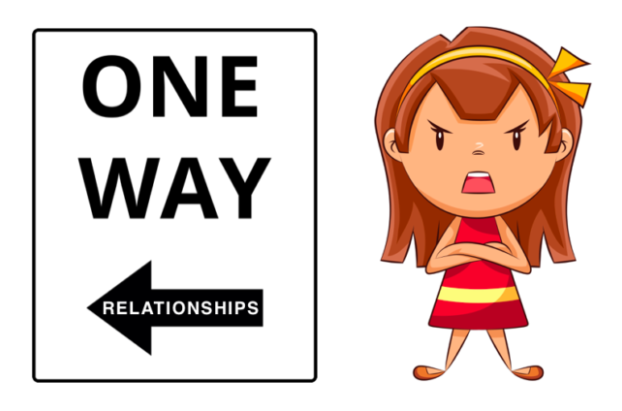Let’s start with a definition:

Émile Durkheim was a 19th century French sociologist whose work focused on how societies could maintain cohesion in the modern world. By anomie, Durkheim referred to “a state when too-rapid population growth reduces the amount of interaction between various groups, which in turn leads a breakdown of understanding (norms, values, and so on).”
I studied Durkheim in graduate school and was so taken with the concept of anomie that I applied for an ANOMIE vanity plate for my car, but it was already taken in Virginia, and again in Massachusetts when I moved here. I must confess to having kept my eyes peeled for this license plate for over 30 years, but I’ve never seen it.
I am suffering the most extreme anomie these days, and it would be easy to blame it on politics, or social media, or the fact that no one replies to emails anymore and I can’t get my work done. The truth is that life is full of petty annoyances, but for most people, they don’t add up to the desire to have a fire sale on their home and all their worldly possessions so that they can buy a houseboat and chase the good weather. I am not most people.
It’s been over 150 years since Durkeim first described the anxiety people can feel as they experience certain widescale breakdowns in communication and behavioral standards. If I could speak to the dead, I would tell Durkheim, “You had no idea. Really, you didn’t.”
Durkheim never experienced the internet commentariat. He lived in an era when people who were angry had to tell you to your face, or dip a quill in an inkwell, write a pointed letter, blot it, stick it in an envelope, apply sealing wax, and deliver it on foot or by horse-drawn courier.
Everyone is so angry now, but we have computers to serve as vectors of our ire, and by bypassing even the telephone, it has become standard for disagreements to have no possible in-the-moment, mutual resolutions. Emails, texts, social media messages and internet comments are all screen-based delivery systems for one-way transmissions that in no way resemble reciprocal conversation. Much is lost. Anxiety goes up. A feeling sets in that human society is unraveling. Fantasies of fleeing the pain to something like this

or this

or even this

become brainworms that are harder and harder to push aside.
Is this even a reasonable thing to consider, or is it possibly the sanest thing I could do?
It’s not just technology and its attendant malaise that make me question whether this human race thing is going to work out. It’s that in-person conversation has also become so shallow. So truncated. So interrupted by smart phone beeps. So self-absorbed. I now need more than two hands to count the number of casual friends and acquaintances who only talk about themselves and their kids, and have (almost) literally never asked me a single question about myself. They were not raised by wolves, but something went awry in their upbringing. If I were rude I’d blurt out, “so do you want to hear about my kid?” or “any interest whatsoever in my job?” but that would be like firing a gun at a steel wall and waiting for the ricochet.
Anomie is not a pose. It’s what gets me through each day and puts my anxiety into some kind of intellectual framework that makes sense to me. When I think to myself that society has collapsed, I try to practice gratitude, and concentrate on how lucky I am for all of the wonderful things in my life, especially my husband—the one I want to drive our boat and handle the routine sewage pump-outs. He’s also the one who gives me hope that there are enough people with the kind of hearts that are needed to hold civilization together.
I’ll never live on a boat, but it’s fun to daydream about. I’ve carved out a meaningful life for myself, and the older I get, the more I treasure those people who can go deep with me. Anomie is the wallpaper not of my life, but of a room in my house that I try to walk past, still finding myself inhabiting it more than is healthy. Do you get sucked into that room, too? Want to go out to lunch and not talk about the weather? Give me a ring.







